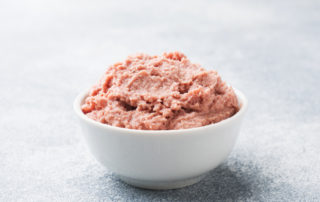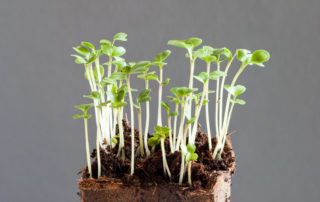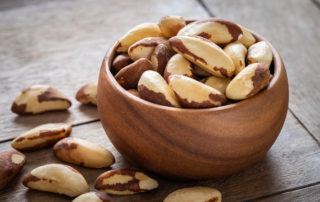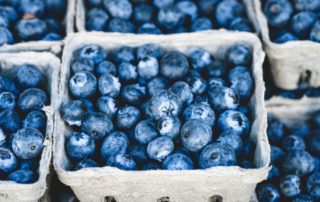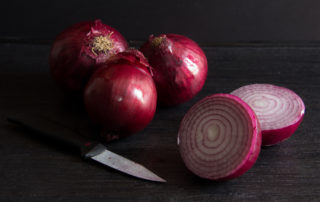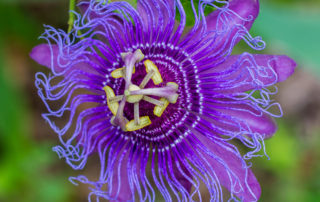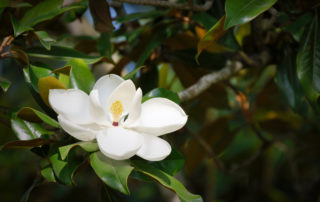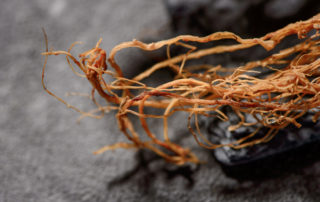Lowering Glutamate | B6
Vitamin B6, aka Pyridoxine Vitamin B6 is mainly provided by diet and bacterial synthesis in the gut. All B-Vitamins help to convert food into fuel and are important in energy production. B6 is essential for normal brain development, nervous system regulation, amino acid metabolism, and keeping our immune system functioning well. Vitamin B6 is essential in converting excitatory glutamate into calming GABA. Deficiencies in Vitamin B6 alone can contribute to a build-up of excess glutamate, resulting in symptoms. In a recent study, it has been proposed that Vitamin B6 can help repair the GABA system. Therefore, [...]

